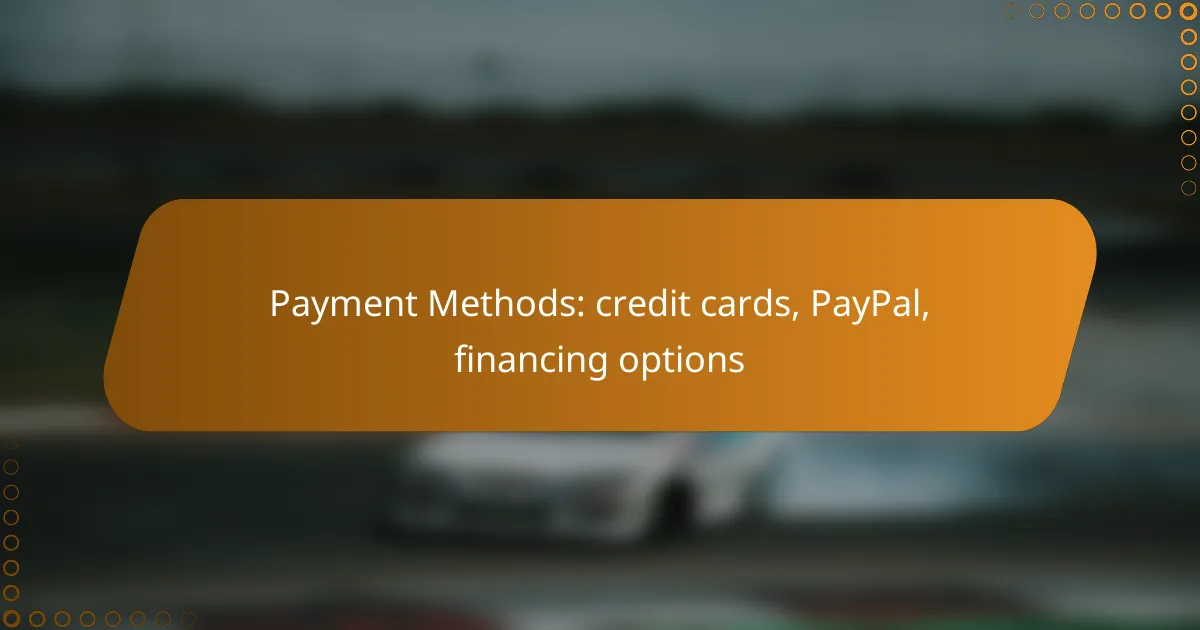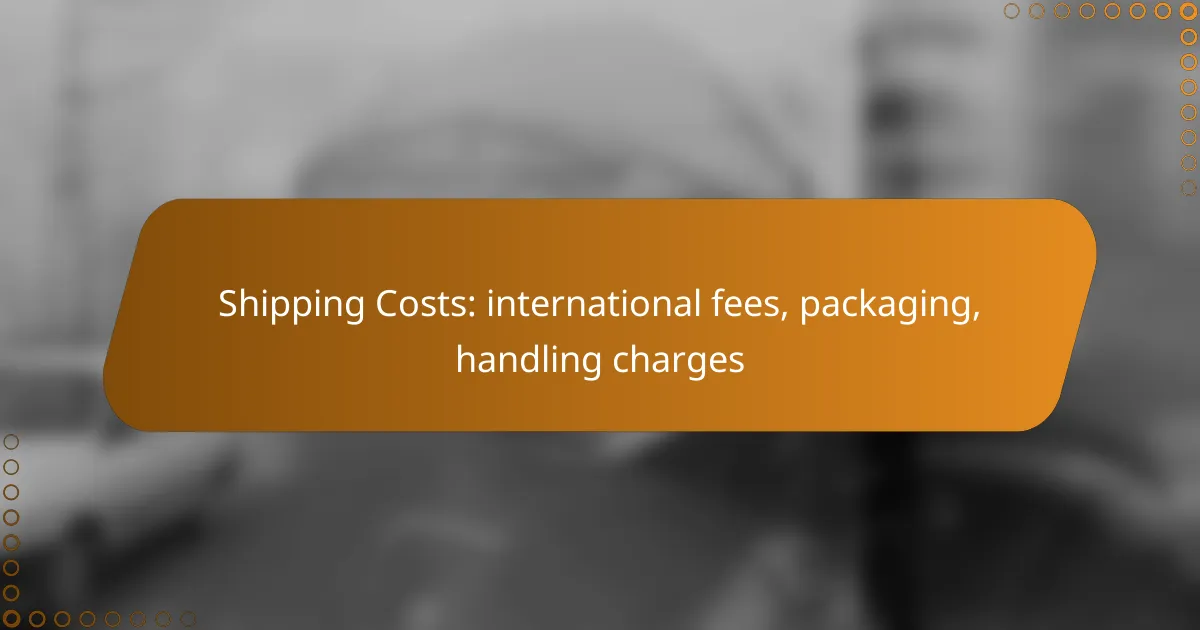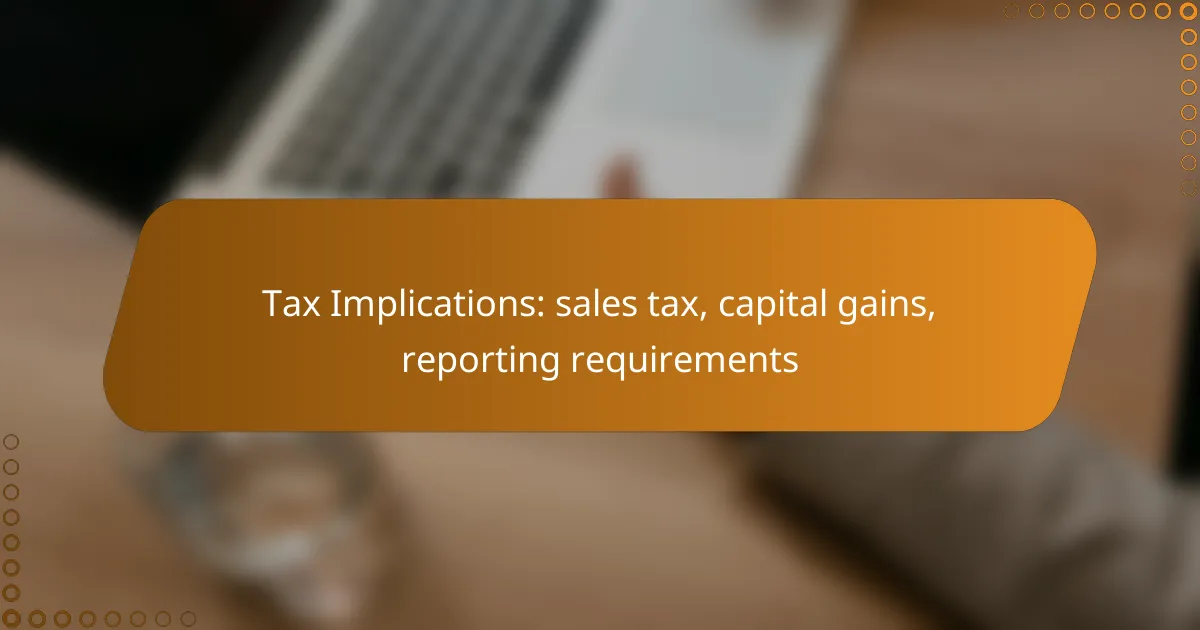When it comes to e-commerce in the UK, choosing the right payment method is crucial for both consumers and merchants. Credit cards, PayPal, and various financing options each provide distinct advantages, from convenience and security to flexibility in managing payments. Understanding these methods can help users make informed decisions that best suit their needs.
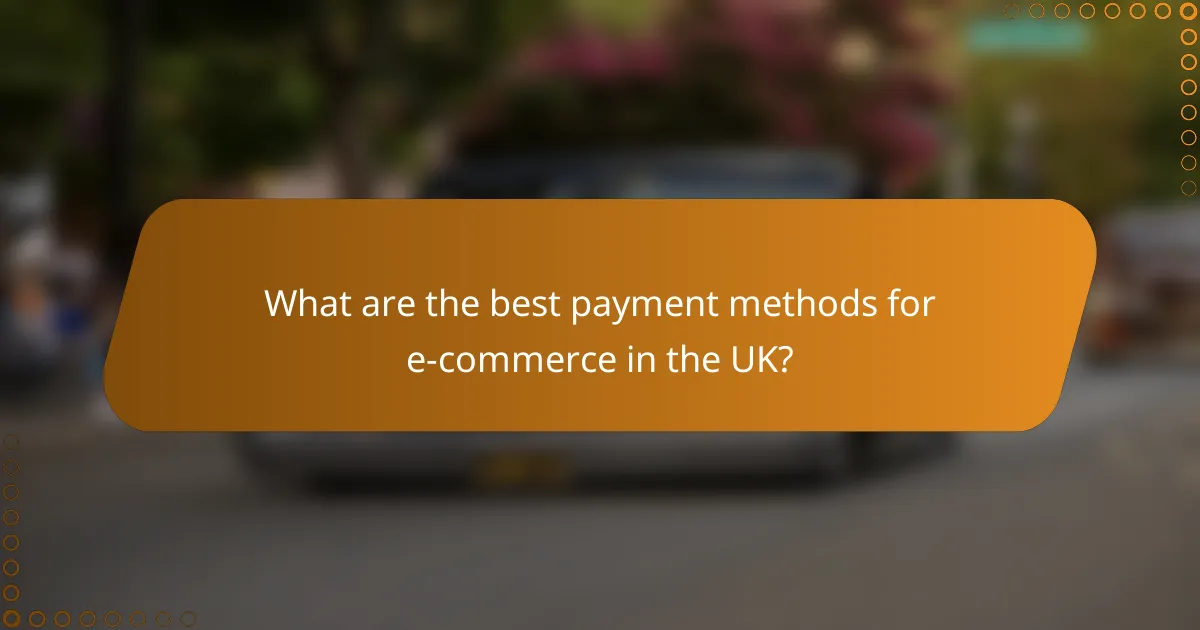
What are the best payment methods for e-commerce in the UK?
The best payment methods for e-commerce in the UK include credit cards, PayPal, and various financing options. Each method offers unique benefits and considerations, making it essential for consumers and merchants to choose the right one based on convenience, security, and cost.
Credit cards
Credit cards are a widely accepted payment method for online shopping in the UK, offering convenience and security. They allow customers to make purchases now and pay later, often with added benefits like rewards points or cashback.
When using credit cards, consumers should be aware of potential interest rates and fees associated with late payments. It’s advisable to pay off the balance each month to avoid accruing interest, which can be significant.
PayPal
PayPal is a popular digital wallet that enables users to make secure online payments without directly sharing their credit card information. It is widely accepted by many e-commerce platforms in the UK.
Using PayPal can enhance security, as it acts as an intermediary between the buyer and the seller. However, users should be mindful of transaction fees that may apply, especially for currency conversions or business transactions.
Financing options
Financing options, such as buy now, pay later services, allow consumers to spread the cost of their purchases over time. This method has gained popularity in the UK, especially for higher-value items.
While financing can make expensive purchases more manageable, it’s crucial to read the terms carefully. Interest rates and fees can vary significantly, and missing payments may lead to additional charges or damage to credit scores.
Apple Pay
Apple Pay is a mobile payment and digital wallet service that allows users to make purchases using their Apple devices. It offers a quick and secure way to pay online and in-store, with transactions authenticated through Face ID or Touch ID.
For UK consumers, Apple Pay is accepted at many retailers and online platforms. Users should ensure their devices are compatible and that they have added their credit or debit cards to the Apple Wallet for seamless transactions.
Google Pay
Google Pay is another mobile payment option that enables users to make secure payments using their Android devices. It simplifies the checkout process by allowing users to pay with a tap or a click, both online and in physical stores.
In the UK, Google Pay is widely accepted and can be linked to various bank accounts and cards. Users should verify that their payment methods are supported and keep their app updated for the best experience.
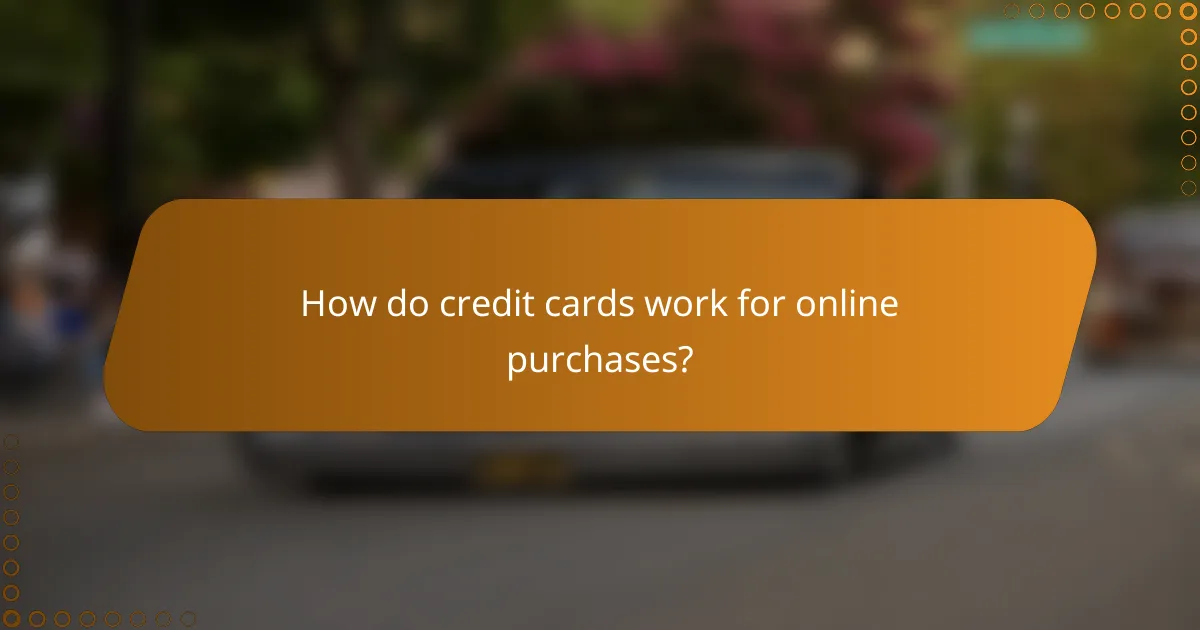
How do credit cards work for online purchases?
Credit cards allow consumers to make online purchases by borrowing funds from a financial institution up to a certain limit. When a transaction occurs, the card issuer pays the merchant, and the cardholder repays the issuer later, often with interest if the balance is not paid in full by the due date.
Instant transactions
Credit card transactions are typically processed instantly, allowing for immediate confirmation of purchases. When you enter your card details online, the payment gateway verifies the information and authorizes the transaction within seconds, enabling quick access to goods and services.
This speed is particularly beneficial for time-sensitive purchases, such as event tickets or limited-time offers. However, ensure that your internet connection is stable to avoid transaction failures.
Fraud protection
Credit cards often come with built-in fraud protection features that safeguard consumers against unauthorized transactions. Most issuers provide zero liability policies, meaning you won’t be held responsible for fraudulent charges if you report them promptly.
To enhance security, use unique passwords for online accounts and enable two-factor authentication where available. Regularly monitoring your statements can help you catch any suspicious activity early.
Rewards programs
Many credit cards offer rewards programs that provide benefits for every dollar spent. These rewards can come in the form of cash back, points redeemable for travel, or discounts on future purchases.
When choosing a credit card, consider the rewards structure and how it aligns with your spending habits. For instance, if you frequently shop online, look for cards that offer higher rewards rates for e-commerce purchases.
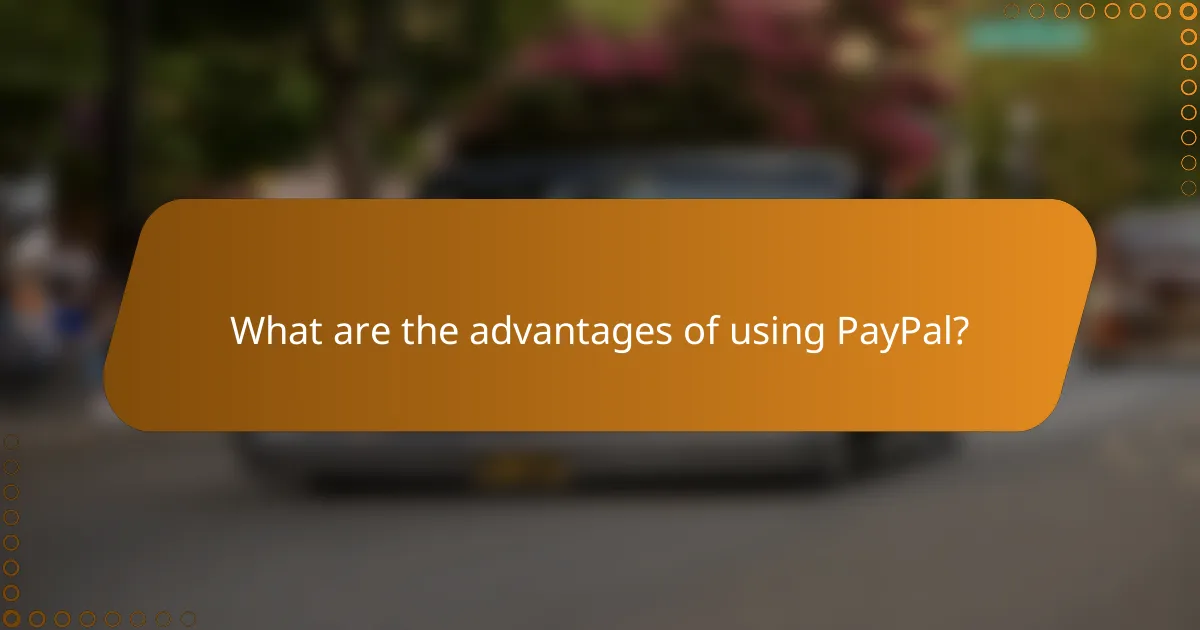
What are the advantages of using PayPal?
Using PayPal offers several advantages, including enhanced security, ease of use, and flexibility in payment options. It allows users to make transactions without sharing sensitive financial information directly with merchants, which can reduce the risk of fraud.
Buyer protection
PayPal provides buyer protection, which safeguards customers against unauthorized transactions and items that are not as described. If a purchase goes awry, users can file a dispute to seek a refund, making online shopping more secure.
This protection typically covers eligible purchases made through PayPal, ensuring that buyers can shop with confidence. However, it’s essential to understand the specific terms and conditions to know what qualifies for coverage.
Easy integration
Integrating PayPal into online stores is straightforward, making it a popular choice for merchants. Many e-commerce platforms offer built-in support for PayPal, allowing businesses to set up payment processing quickly without extensive technical knowledge.
This ease of integration can help businesses start accepting payments faster, improving cash flow and customer satisfaction. Additionally, PayPal provides various tools and resources to assist merchants during the setup process.
Multiple funding sources
PayPal allows users to link multiple funding sources, including bank accounts, credit cards, and debit cards. This flexibility enables customers to choose their preferred payment method for each transaction, which can enhance their shopping experience.
Moreover, users can maintain a balance in their PayPal account, which can be used for future purchases. This feature can be particularly useful for frequent online shoppers, as it simplifies the checkout process.
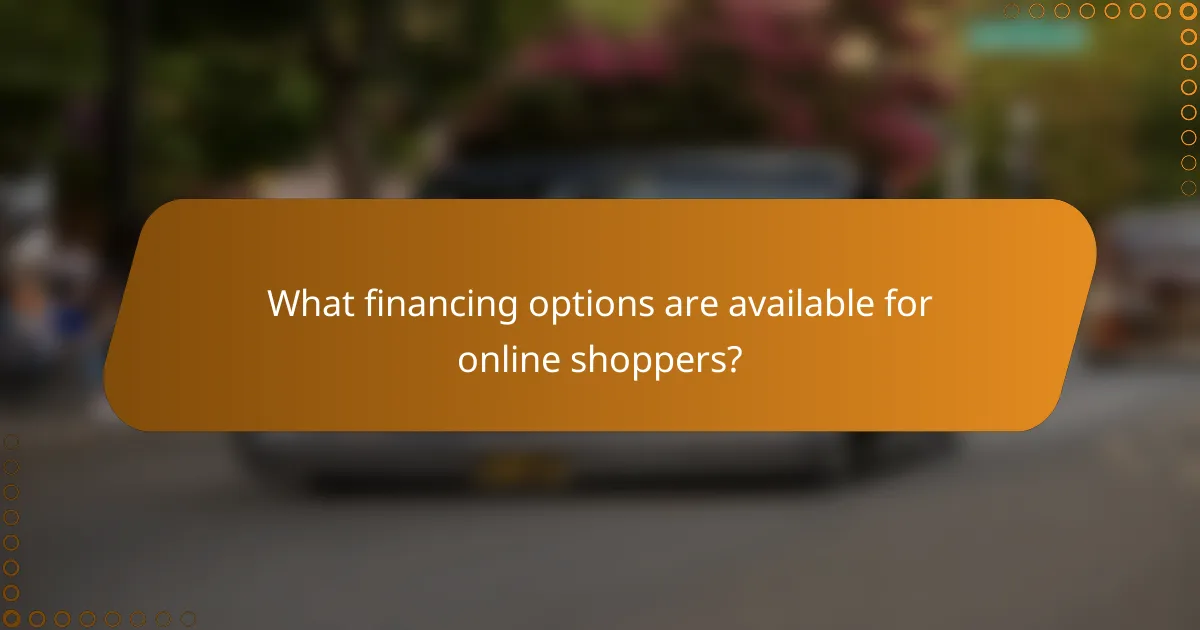
What financing options are available for online shoppers?
Online shoppers have several financing options to choose from, allowing them to make purchases without immediate full payment. These options include Buy Now Pay Later, installment plans, and credit lines, each with unique features and considerations.
Buy Now Pay Later
Buy Now Pay Later (BNPL) allows consumers to purchase items and pay for them over time, typically in equal installments. This option is popular for online shopping, as it often requires minimal credit checks and offers interest-free periods if payments are made on time.
Common providers include Afterpay, Klarna, and Affirm, which partner with various retailers. Shoppers should be aware of the payment schedule and any potential late fees to avoid unexpected costs.
Installment plans
Installment plans enable shoppers to break down the total cost of a purchase into smaller, manageable payments over a set period. These plans can vary in length, often ranging from a few months to a couple of years, depending on the retailer and the total amount financed.
Some retailers offer their own installment plans, while others may partner with third-party services. It’s essential to review the terms, including interest rates and any fees, to ensure the plan fits your budget.
Credit lines
Credit lines provide a flexible borrowing option for online shoppers, allowing them to access a predetermined amount of credit for purchases. This can be a store-specific line of credit or a general credit card that can be used across various retailers.
Using a credit line can help manage cash flow, but it’s crucial to monitor spending and repayment terms. Interest rates can vary significantly, so understanding the costs associated with carrying a balance is vital to avoid high-interest charges.
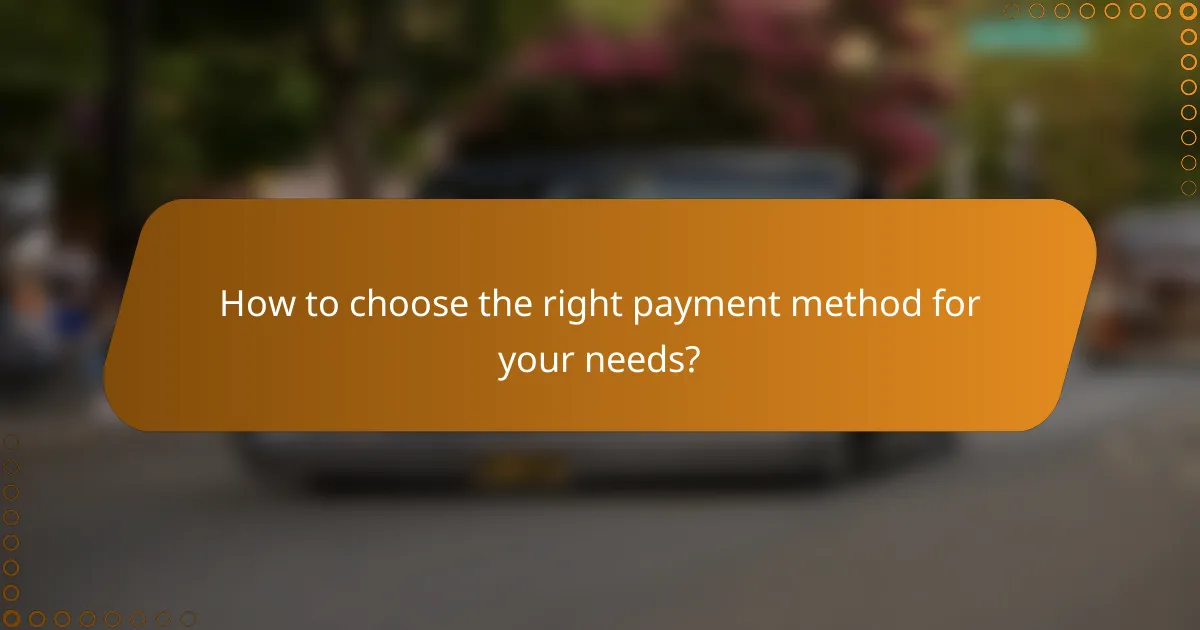
How to choose the right payment method for your needs?
Selecting the right payment method involves evaluating transaction fees, security features, and customer support. Consider your purchasing habits and preferences to find a method that balances convenience, cost, and safety.
Transaction fees
Transaction fees can vary significantly between payment methods. Credit cards often charge a percentage of the transaction, typically ranging from 1% to 3%, while services like PayPal may have similar fees or a flat rate for smaller transactions.
When considering financing options, be aware that interest rates can add to the overall cost. Look for promotional offers that may reduce or eliminate fees for a limited time, but always read the fine print to understand the long-term implications.
Security features
Security is crucial when choosing a payment method. Credit cards usually offer fraud protection, allowing you to dispute unauthorized charges easily. PayPal provides an additional layer of security by acting as an intermediary, which can help protect your financial information.
For financing options, check if the provider complies with regulations like PCI DSS, which ensures secure handling of card information. Always look for methods that offer two-factor authentication or encryption to safeguard your transactions.
Customer support
Reliable customer support can make a significant difference when issues arise. Credit card companies typically offer 24/7 support through various channels, including phone and online chat, making it easier to resolve problems quickly.
PayPal also provides extensive support resources, including a help center and community forums. For financing options, ensure that the provider has accessible support, as delays in resolving payment issues can lead to additional fees or complications.






